Dr. Disrespect Accuses Activision Of False Advertising Over Call of Duty: Warzone’s Ricochet Anti-Cheat Software
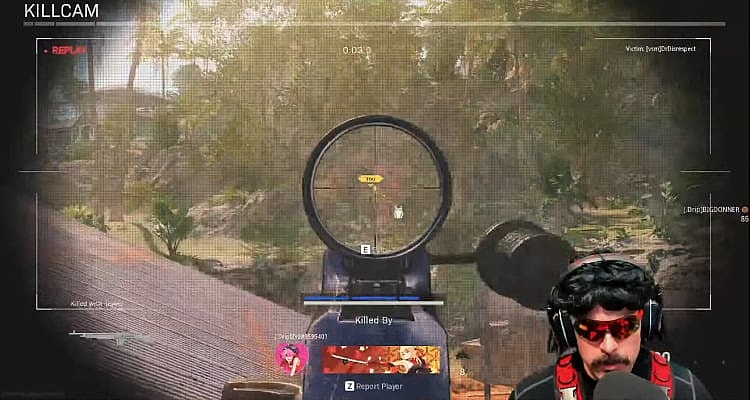
Streamer Dr. Disrespect has accused Activision of false advertising over Call of Duty: Warzone’s Ricochet anti-cheat software.
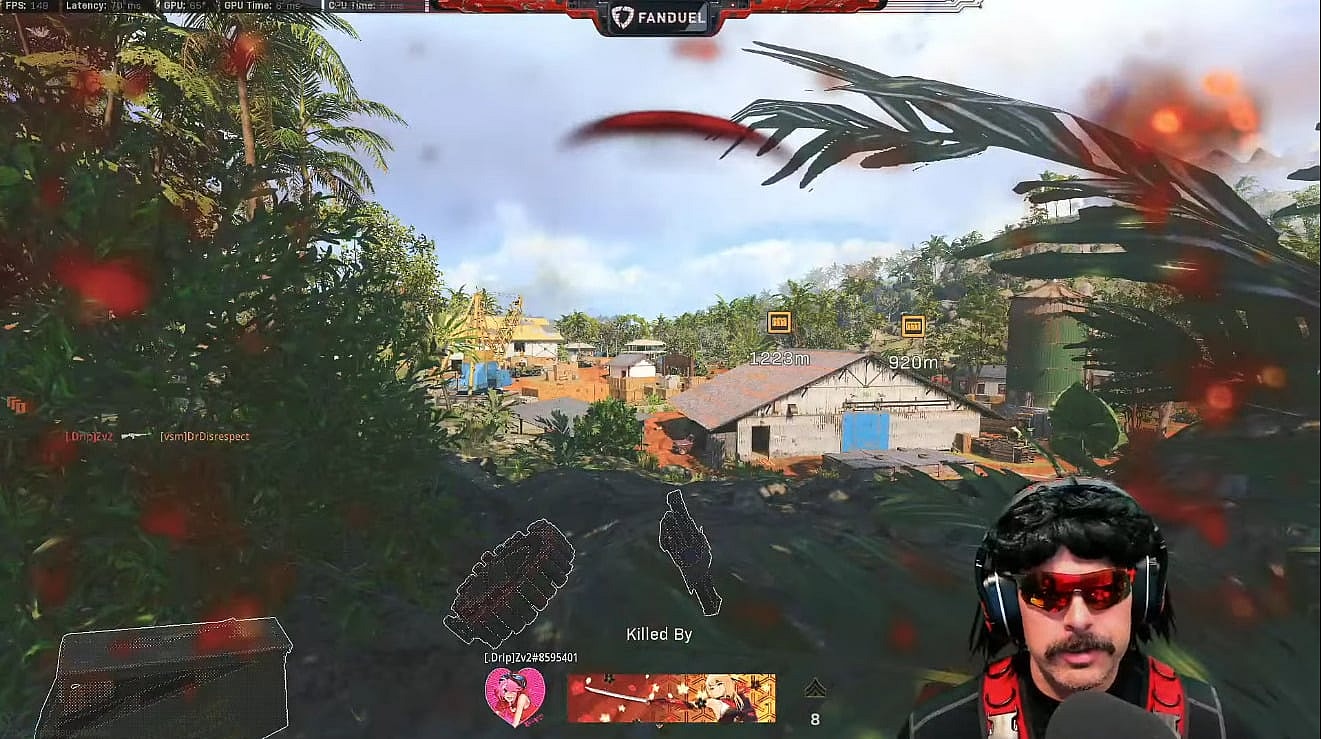
Currently filled with bugs and seeing hackers run rampant, Call of Duty: Warzone’s issues have seen a massive outpouring of backlash against the popular battle royale game, with many players quitting the game all together thanks to Activision’s lack of action towards these game-ruining elements.
Though the game has seen its fair share of regular issues since its launch in early 2020, many of which likely permeated its development, Warzone’s issues only got worse after 30% of Raven Software QA testers were reportedly laid off in December 2021 – an event which led to over 40 of their still-employed co-workers staging a walk out in protest of the company’s abrubt decision.
The frustrations of Warzone’s player base can currently be seen in the game’s Metacritic score, which has currently fallen to an average of 3.8 over 1,500s reviews of the PC, PlayStation 4, and Xbox One versions [1, 2, 3]. Recent negative reviews have complained about how “this game is littered with hackers and bugs” and described its current state as ““.
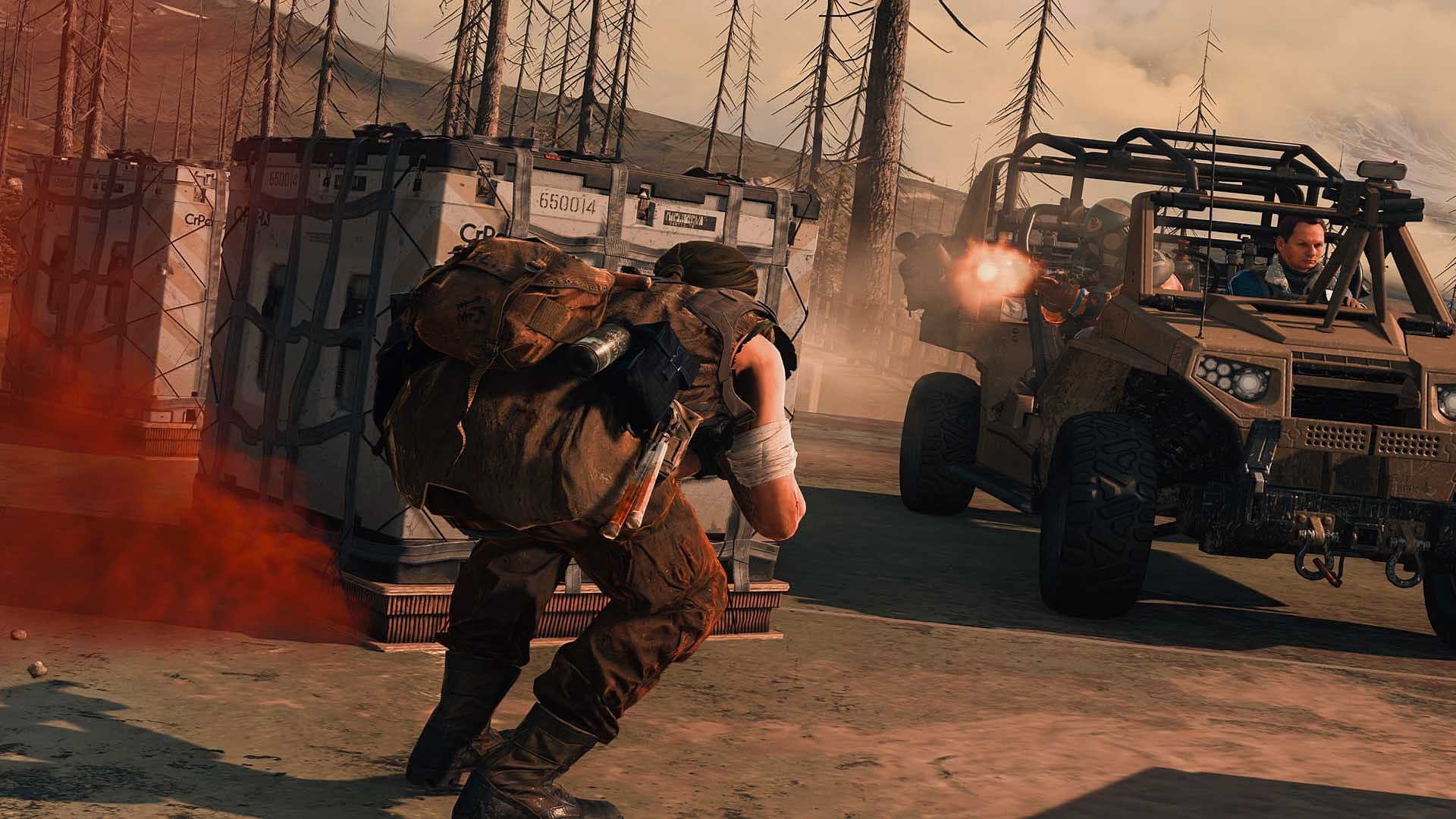
Activision has taken some steps to try and combat the game’s hacking problem, reportedly shutting down a number of cheat selling websites and suing German-based cheat website EngineOwning.
They also introduced the Ricochet Anti-Cheat system, “a new PC kernel-level driver” which assists “in the identification of cheaters, [thus] reinforcing and strengthening the overall server security.” In December, the Ricochet system banned 50,000 players in a single day.
Nonetheless, the cheaters have persisted, even taken to using mocking usernames which openly admit to what they are doing. As such, some have accused the anti-cheat software as being ineffective.
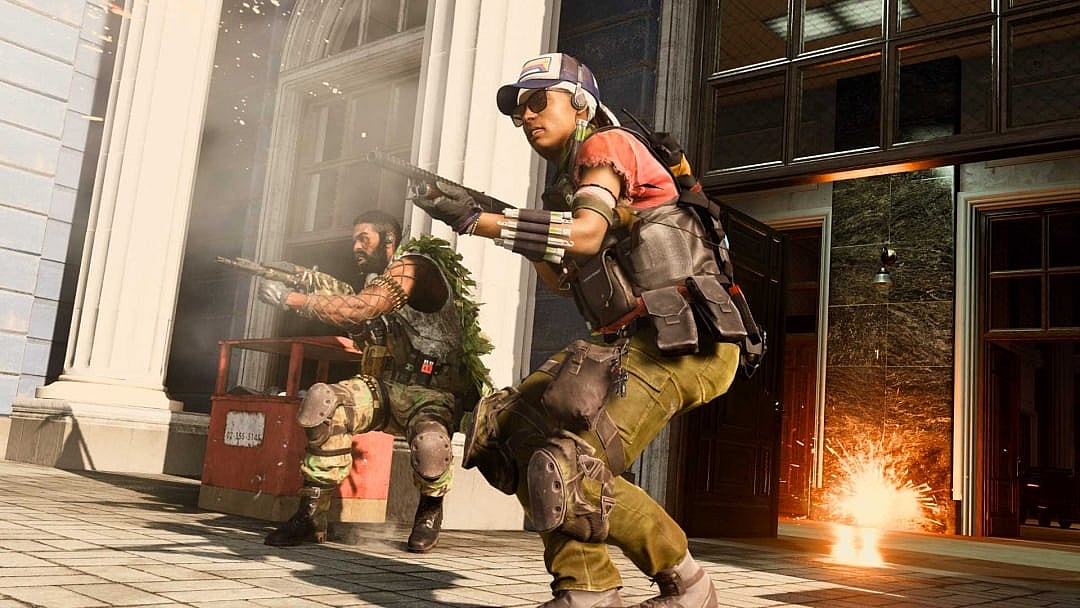
During a recent stream, Dr. Disrespect, who had already been suffering from connection issues that evening, was seemingly killed with ease during one particular game. Upon switching to that player’s killcam, the streamer found himself baffled at how his opponent seemingly knew where he was despite being almost entirely obscured by foliage (at 1:32:23).
Stunned and surprised, Dr. Disrespect asked his chat “The guy’s hacking right? Hundred percent?” His chat agreed, leading Dr. Disrespect to despair “So they did lie to us, about Ricochet” while running around the game’s respawn gulag. “That’s false advertisement huh?”
Having 3.69 million subscribers, it’s likely the streamer’s complaints will soon be heard.
The idea of a false advertising lawsuit against a video game, despite the known infamy of debut trailers often looking far better than the final product, isn’t so far fetched.
For example, when Fallout 76 launched with over 1,000 glitches, many of which rendered the game unplayable, law firm Migliaccio & Rathod LLP began investigating developer Bethesda for deceptive trade practices as part of a class-action lawsuit.
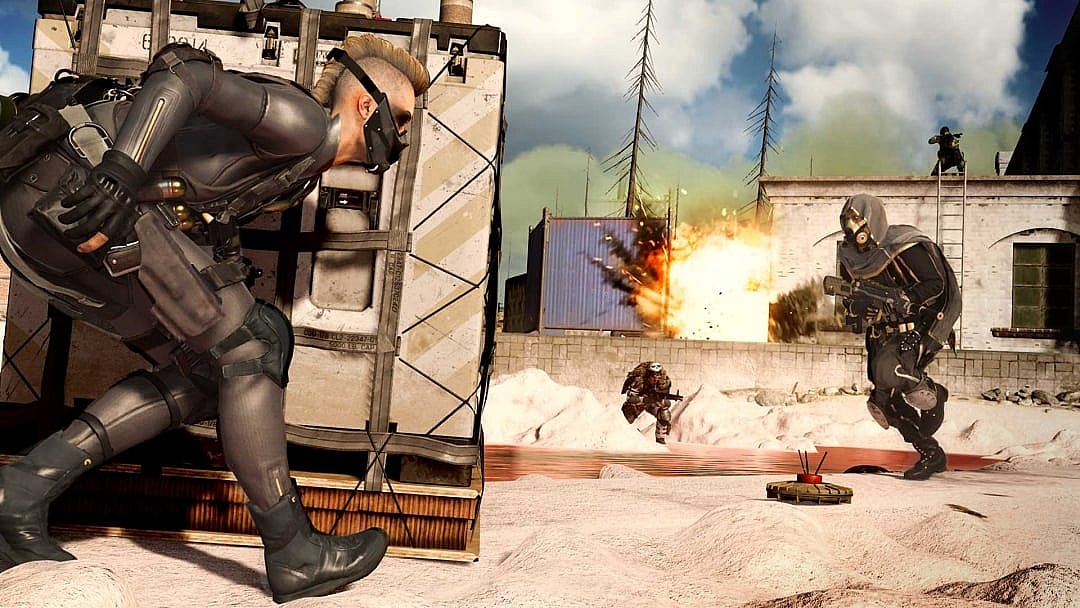
Additionally, the Ricochet anti-cheat software has come under fire before, specifically because of its aforementioned use of a kernel-level driver.
While giving the driver access at the kernel level – an integral part of a computer’s operating system which communicates between software and hardware – allows the program to detect anti-cheat software running anywhere on a PC, it could also hypothetically access any file on it.
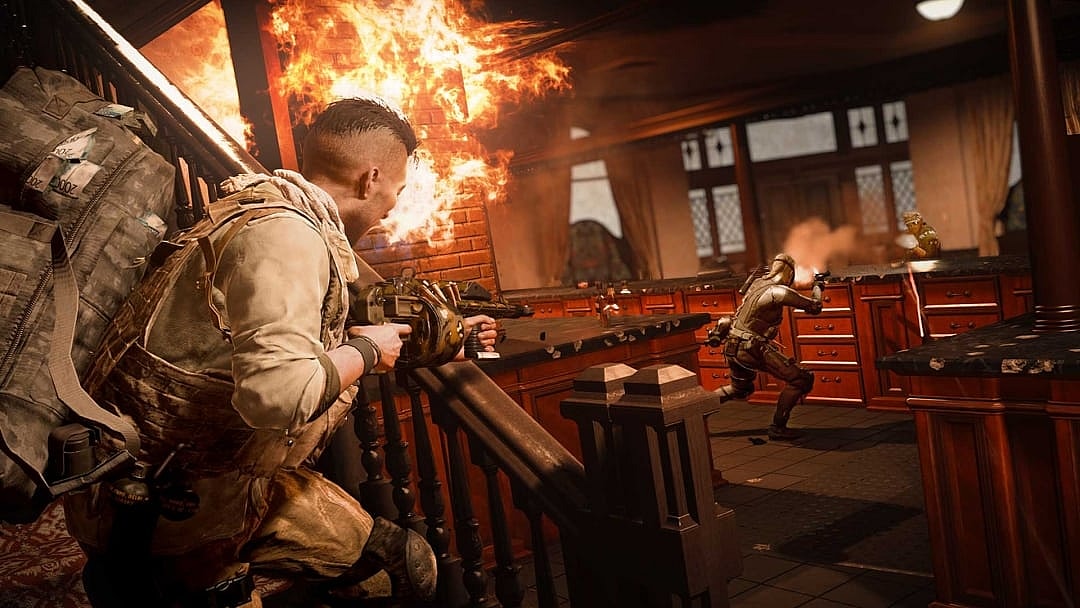
As such, players became concerned over their privacy, with many opponents to the driver citing the problems that popped up around Valorant’s “Vanguard” anti-cheat software, which similarly demanded players allow the Tencent-owned Riot Games ‘always on’ access to their computers on the kernel level.
Riot Games would later announce that the software could be entirely disabled when the game wasn’t running, but at that point, the damage to their good will with gamers was already done.
In response to these concerns, Activision stated that Ricochet will only run while the associated Call of Duty games were running.
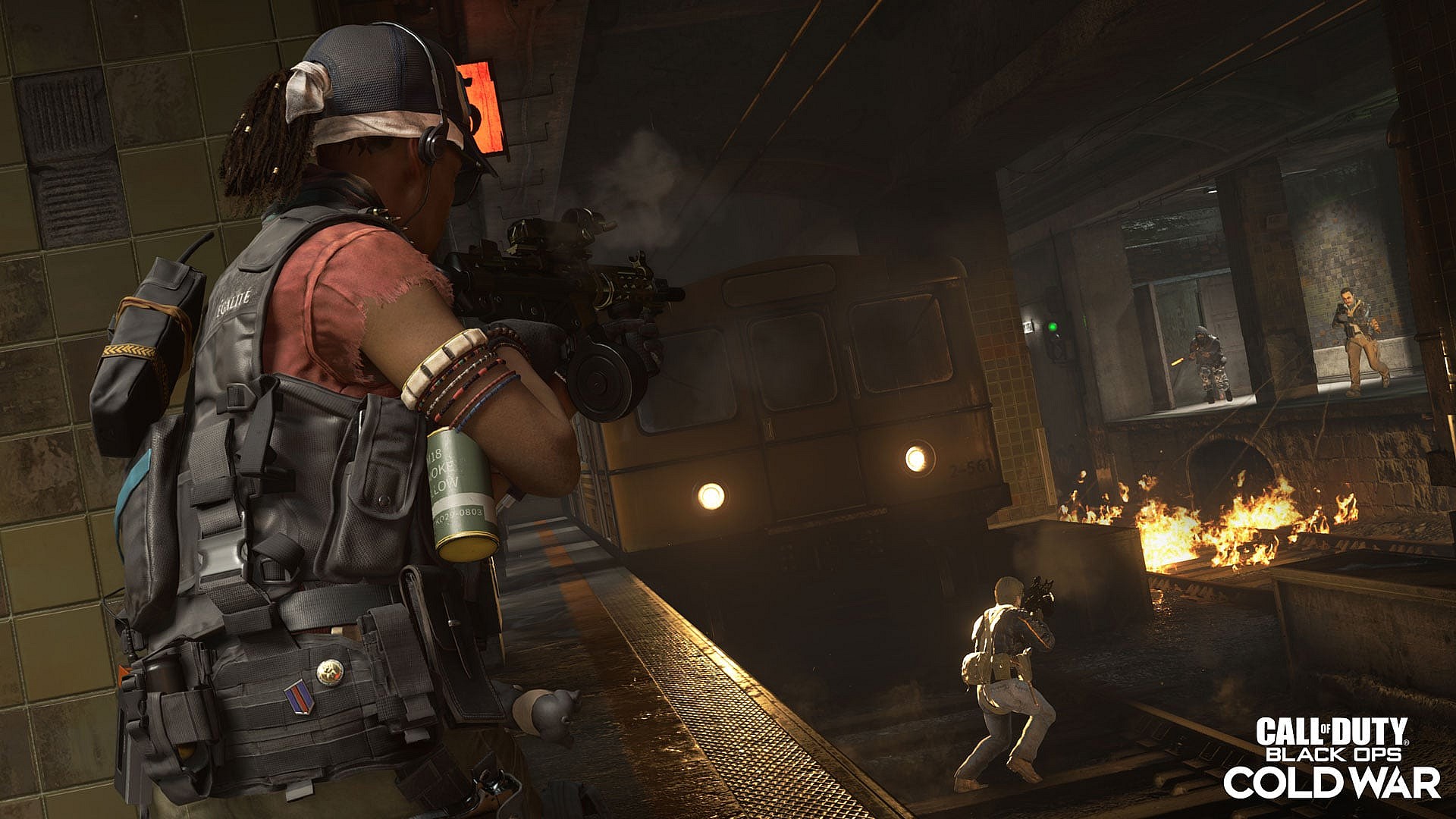
Yet, players’ worst fears were realized when the Ricochet driver’s source code was seemingly leaked just 24 hours after it was announced, ostensibly putting the tool into hackers’ hands. However, according to Activision, the leaked data was a “pre-release version of the driver“, and thus it being public posed no real threat to players.
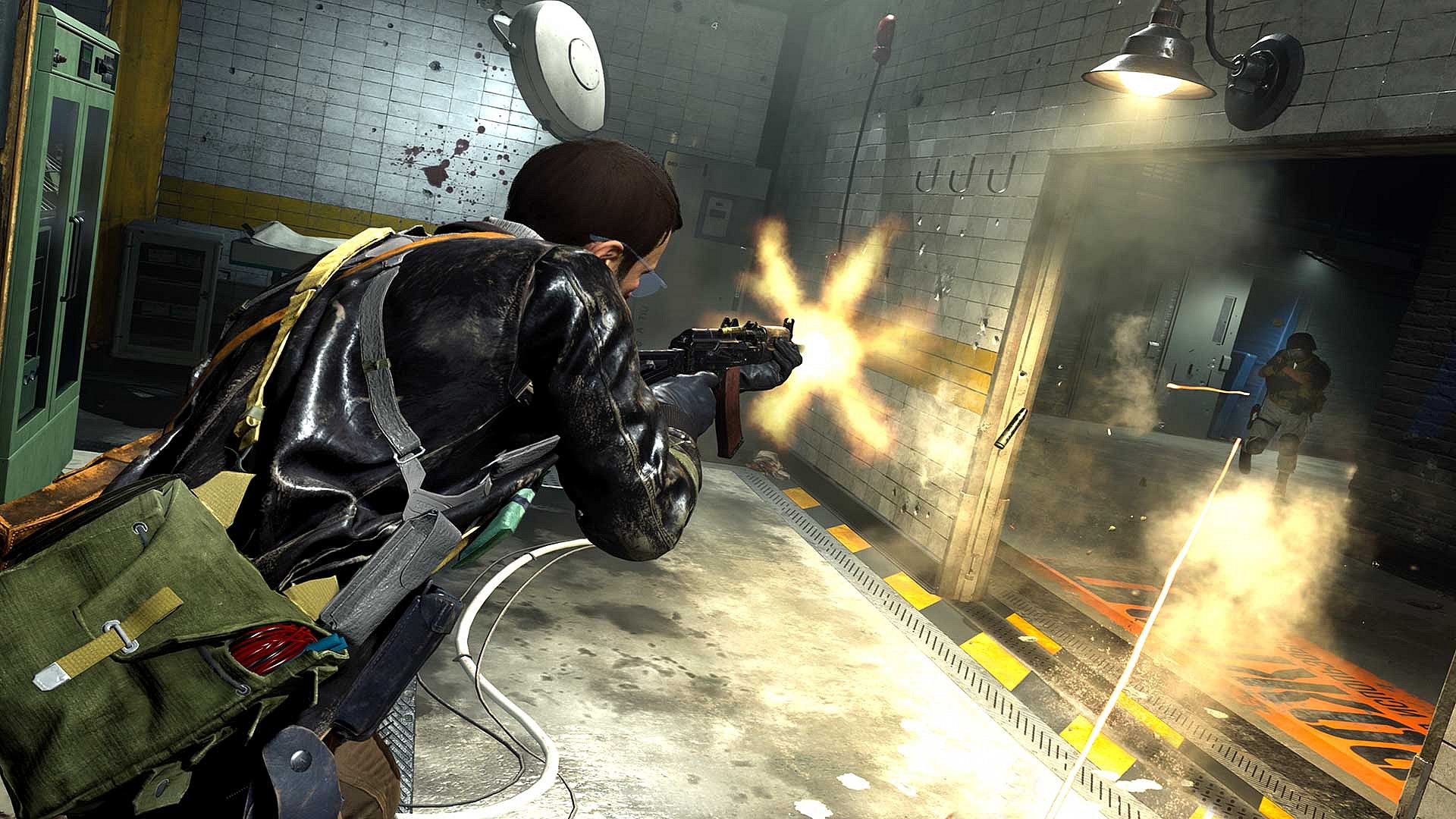
Do you think Ricochet’s continually lacking performance could lead to legal action? Let us know what you think on social media, and the comments below!
